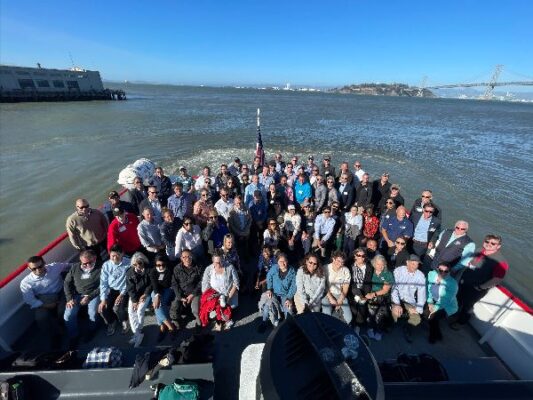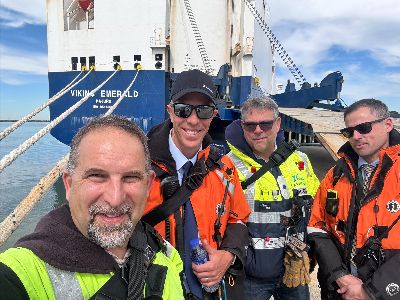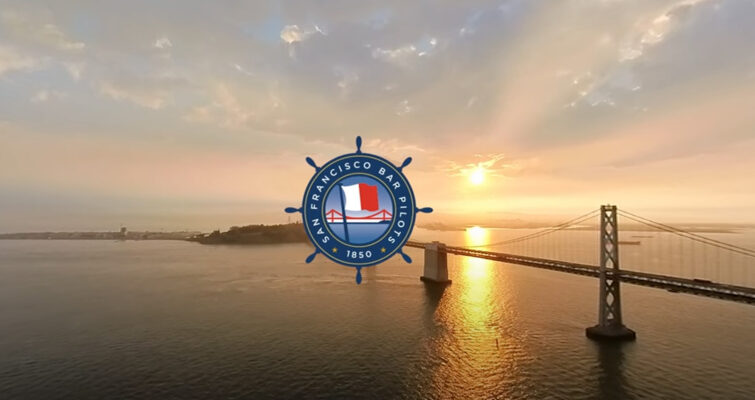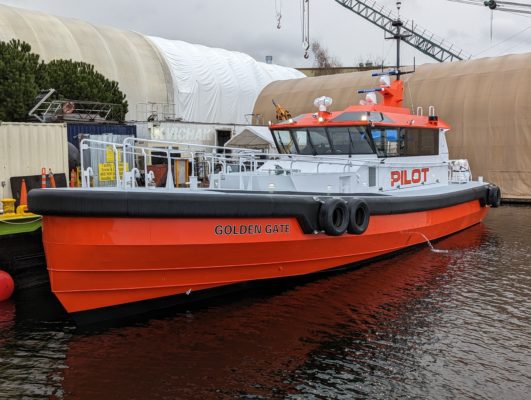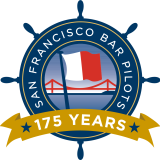AB 2056 Addresses Fundamental Issues with the Bar Pilot’s Revenue Structure
Sacramento, CA – After a multi-year effort to reach a consensus, the San Francisco Bar Pilots, Pacific Merchant Shipping Association, Cruise Lines International Association, and Western States Petroleum Association have agreed to a comprehensive package of solutions aimed at addressing longstanding revenue issues facing the pilotage system through Assembly Bill 2056 (AB 2056) authored by Assemblymember Timothy Grayson.
The Bar Pilots play a critical role in the Bay Area economy and support more than $117 billion in economic activity throughout the region. AB 2056 seeks to address fundamental issues exacerbated by the pandemic and supply chain disruptions which led to an unprecedented 28% decrease in pilotage fee revenue. AB 2056 will update three key aspects of the pilotage system including reforming the rate-setting process, implementing Temporary Transit Fees, and modifying the pilot boat replacement surcharge.
“I’m proud that the agreement we have reached will bring long-needed investments in our ports and pilotage system, and support the crucial work the San Francisco Bar Pilots conduct in our state,” said Assemblymember Tim Grayson (D-Concord). “The Bar Pilots provide critical support to our region’s economy and protect the public and environment by safely navigating our waterways everyday. It is long past time for California to step up and invest in an organization so essential to our state’s success, and I’m thrilled we’ve taken the next step towards making that a reality.”
The San Francisco Bar Pilots, one of California’s essential transportation partners, were a key proponent of this legislation.
“On behalf of the San Francisco Bar Pilots, we want to thank Assemblymember Grayson for authoring the bill, and our industry partners for their collaboration and support,” said San Francisco Bar Pilots President Captain John Carlier. “These changes are critical in addressing an outdated rate-making process and will ensure that the Bar Pilots continue their essential work to push the local, regional, and state economy forward.”
The Bar Pilots worked with industry partners Pacific Merchant Shipping Association, Cruise Lines International Association, and Western States Petroleum Association to support this critical legislation.
“It is imperative that we both invest in our pilotage system and keep our California ports competitive, and that includes upgrading pilot boats so they meet the strictest air quality rules in North America,” said Mike Jacob, Vice President & General Counsel for the Pacific Merchant Shipping Association. “AB 2056 represents an important step forward where the vessels calling on our seaports in the San Francisco Bay accept the responsibility to pay for new investments and pilotage costs, but the State also agrees to modernize its rules for setting pilotage rates in the future.”
“This multi-stakeholder agreement supports our shared priority for the safe passage and departure of ships from one of the world’s most important ports and allows our cruise line members to continue to provide exceptional experiences to the more than 400,000 passengers who sail each year from San Francisco, generating well over $48 million to the area in total direct, indirect, and induced economic impact,” said Mike McGarry, CLIA’s Senior Vice President for Global Government Affairs and Secretariat, North America. “We would like to thank our industry partners and Assemblymember Grayson for all the hard work on this important piece of legislation.”
AB 2056 will provide both temporary and long-term fixes that will ensure pilot operations can continue sustainably to support the future growth of the supply chain well into the future. AB 2056 is expected to be brought to the Senate floor for a vote in the coming weeks
Learn more about AB 2056 by viewing this fact sheet (PDF).
###
About the San Francisco Bar Pilots For over 170 years, the San Francisco Bar Pilots have been navigating the world’s largest ships through some of North America’s most difficult waterways. These state and federally licensed master mariners are highly-specialized ship captains who rely on navigational experience, ship-handling skills, and local knowledge to transport more than $1.2 billion in goods to and from 200 Bay Area ports and maritime facilities every day. This critical service protects more than 1,000 miles of fragile coastline and 90 percent of the state’s marshlands.
